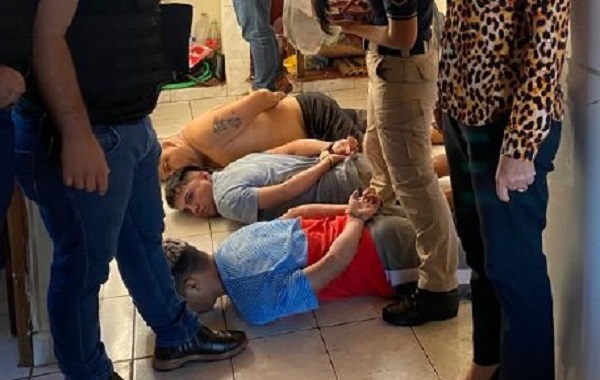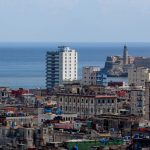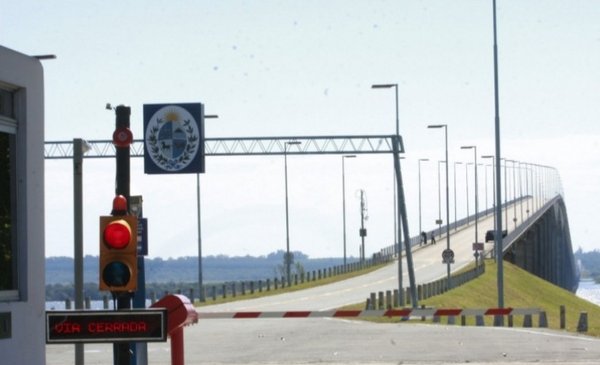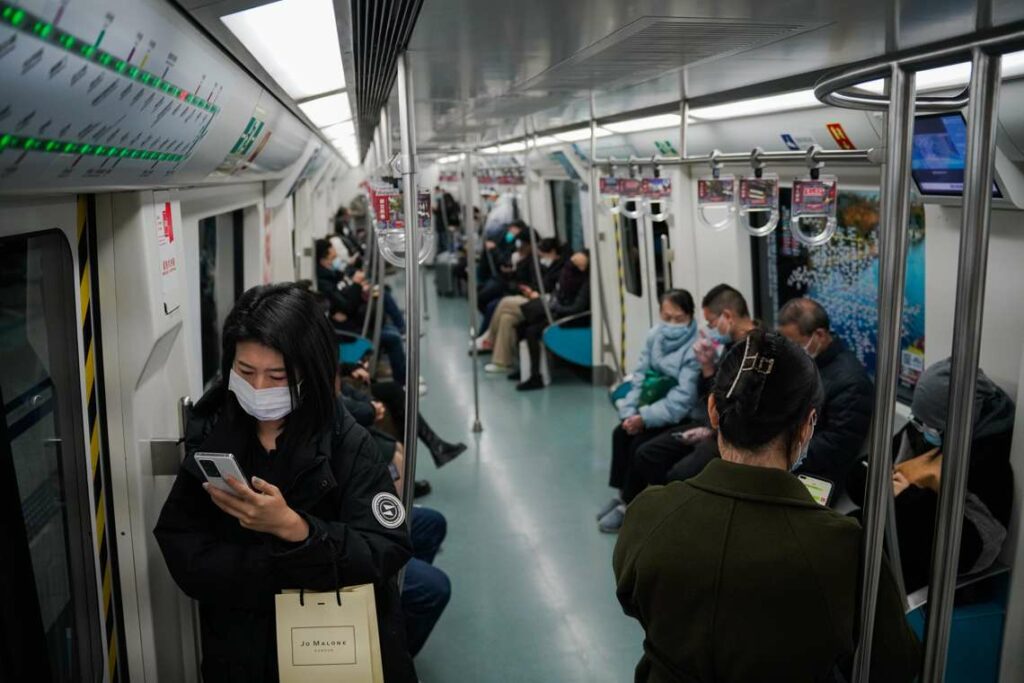Dr. Débora Núñez, from the Hospital de Clínicas, reported that all the beds she manages are full and that between 90 to 100 percent of hospitalized patients are minors with chikungunya, for which she stated that other diseases are being postponed again due to lack of beds and in this sense arranging scheduled surgeries.
The pediatric therapist was visibly affected by the very serious cases of chikungunya in children, which leads them in several cases directly to needing a bed in the Pediatric Intensive Care Unit. He believes that what happens in the teaching hospital is a reflection of what happens in other hospitals, since daily requests are received from those located in areas of the interior of the country.
“Without underestimating children suffering from other diseases, we are very desperate because the other illnesses don’t stop either and since we are a highly complex hospital we have patients with leukemia and other types of cancer, kidney patients, heart patients and a lot of others who also need intensive care. We’re kind of leaving them a little behind, because chikungunya is the one that is killing children in the country“, said.
He commented that they call him to request a bed in children’s therapy from hospitals in Caacupé, Hernandarias, Pedro Juan Caballero and that Concepción also appears in the statistics they manage, among others. She noted that they can rarely provide an answer, since they also have patients from the Hospital de Clínicas who are admitted urgently or have complications in the ward and must go to intensive care.
The professional pointed out that pediatricians, especially those who do intensive care, are concerned about the large number of children, of all ages, who are being seriously affected. This in response to the fact that it was believed, in principle, that only newborns were those who suffered from severe symptoms, as well as people over 65 years of age.
“Not only the neonatal units are full but also the pediatric units, with cases of chikungunya with very serious symptoms, with a touch of the heart, the most common being myocarditis and some are severe myocarditis, such as a girl hospitalized and other babies who are recovering because we caught them on time. It takes time for the heart to stabilize, so it is not possible to discharge very quickly, to free up beds, ”he said.
He added that patients have a multidisciplinary treatment, for which they are followed up with the cardiologist. Likewise, they do it with children who have encephalitis who are assisted in conjunction with the neurologist.
He stated that the therapists will never contradict prevention but that currently they are already exceeded with serious cases that arrive at the Hospital de Clínicas, and that at the country level they do not know exactly the seriousness of what is happening. Given this, he added that the commitment is to respond and that is through more intensive care beds, because they know that health posts or family health units are of low complexity, that when they already see the patient in serious condition They should be referred directly to therapy.
“Our patients hospitalized in children’s therapy are between 90 to 100 percent for chikungunya cases, whatever you want to call it: with cshock, with myocarditis, with multiple organ failure, with encephalitis. We have a child recovering, who made a disease demyelinatingand we believe it was post chikungunya that requires plasmapheresis. They are very serious and complex cases. And we need beds for other relegated, such as scheduled surgeries, which need to be attended to, ”he pointed out.
Read more: Paraguay has the largest chikungunya epidemic and the largest in South America


















